Singapore welcomes Israel-Hamas ceasefire under Trump peace plan
Singapore Prime Minister Lawrence Wong welcomed the Israel-Hamas ceasefire agreement under US President Donald Trump’s peace plan, expressing support for Palestinian development and long-term Middle East stability.

- Singapore supports the Israel-Hamas ceasefire agreement under US President Trump’s peace initiative.
- PM Lawrence Wong praised efforts by Trump, Egypt, Qatar, and Türkiye in securing the deal.
- Singapore offers aid for Palestinian development and calls for sustained peace efforts.
Singapore Prime Minister Lawrence Wong has welcomed the ceasefire agreement between Israel and Hamas, marking the first phase of US President Donald Trump’s proposed peace plan.
In a Facebook post published on Friday morning, 10 October 2025, Wong described the breakthrough as long overdue, noting that it has been two years since the 7 October 2023 attacks by Hamas.
"Far too many lives have been lost, and the suffering has been immense," he wrote.
The announcement comes as Israel and Hamas agreed on Wednesday to a 20-point framework brokered by US-led efforts. The agreement includes a ceasefire, the release of hostages, and the withdrawal of Israeli troops to the so-called "yellow line" in Gaza.
Wong praised the leadership of US President Donald Trump in achieving the deal, along with the “invaluable efforts” of Qatar, Egypt, and Türkiye in facilitating negotiations.
“Singapore stands ready to support this process by expanding our capacity building programmes to assist the Palestinian people,” he stated.
“We will contribute in whatever way we can to ensure that both Israelis and Palestinians can live in lasting peace and security.”
MFA reiterates support for Middle East peace
Singapore’s Ministry of Foreign Affairs (MFA) echoed similar sentiments in a separate statement issued earlier.
The MFA called on all parties to "make further progress" in addressing unresolved issues through subsequent phases of the peace process.
“It is vital to create the conditions that would be conducive for the reconstruction of Gaza; and to achieve stability, security, and peace throughout the Middle East,” the MFA spokesperson said.
Global reactions to the Trump peace plan
The initial phase of Trump’s 20-point plan includes key humanitarian and security milestones. All hostages held by both sides—alive or deceased—will be released, while Israeli forces will withdraw from central Gaza to a pre-agreed line.
Trump announced the development on Truth Social, stating, “This means that ALL of the Hostages will be released very soon, and Israel will withdraw their Troops... as the first steps toward a Strong, Durable, and Everlasting Peace.”
The ceasefire follows nearly two years of war, which has resulted in over 67,000 deaths, according to international monitoring agencies.
United Nations Secretary-General Antonio Guterres described the agreement as a "momentous opportunity" and urged stakeholders to establish a credible political path forward.
British Prime Minister Keir Starmer, who led the UK in its formal recognition of a Palestinian state earlier this year, called for the agreement to be implemented “in full and without delay.”
Egypt, which hosted the latest round of indirect talks between the two sides, described the deal as a “pivotal moment.”
Malaysia strongly endorsed the ceasefire, calling it “a crucial step to ending the genocide, destruction and starvation in Gaza,” and pressed all sides to “swiftly and comprehensively implement the agreed terms.”
Questions remain over Gaza’s future governance
While the agreement marks significant progress, several major aspects of the plan remain undefined.
These include the exact timeline for implementation, the structure of Gaza’s post-war administration, and the future role of Hamas.
Trump’s plan proposes reforms within the Palestinian Authority, which would assume a leadership role in Gaza’s reconstruction in coordination with an international body.
This transitional body is expected to be led by Trump and include figures such as former UK Prime Minister Tony Blair.
Observers have pointed out that the success of future phases will hinge on sustained cooperation between rival Palestinian factions, Israeli security guarantees, and international funding.
Singapore’s broader Middle East diplomacy
Singapore has maintained a neutral stance on the Israeli-Palestinian conflict, advocating for a negotiated two-state solution based on international law and relevant United Nations resolutions, including UN Security Council Resolutions 242 and 338.
It has not formally recognised a Palestinian state, setting it apart from over 150 countries that have done so. Singapore has stated that it views recognition as a matter to be considered in the context of a negotiated and lasting peace agreement between the parties.
While refraining from recognition, Singapore has supported various United Nations General Assembly resolutions concerning Palestinian rights and humanitarian issues.
In recent years, it has provided technical assistance and capacity-building support to Palestinian institutions. These have included programmes in public administration, education, and urban planning, offered under platforms such as the Singapore Cooperation Programme.
In his recent remarks, PM Wong indicated that Singapore is prepared to increase such support as part of broader international efforts to assist in post-conflict recovery in Palestinian territories.


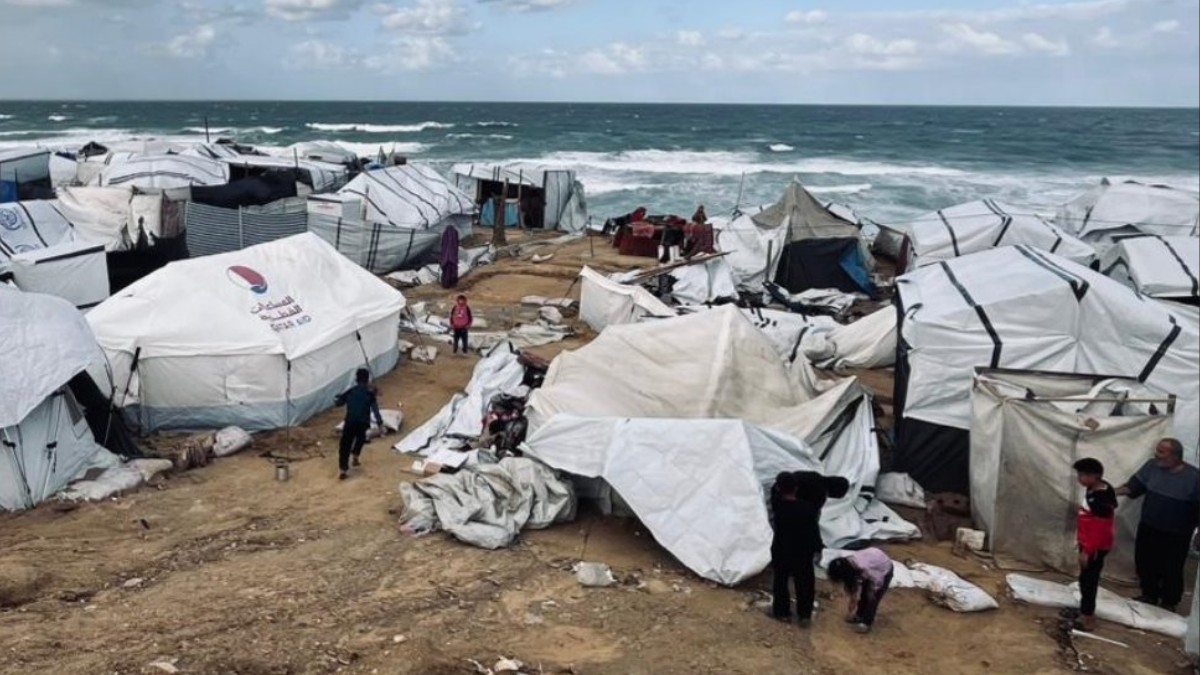
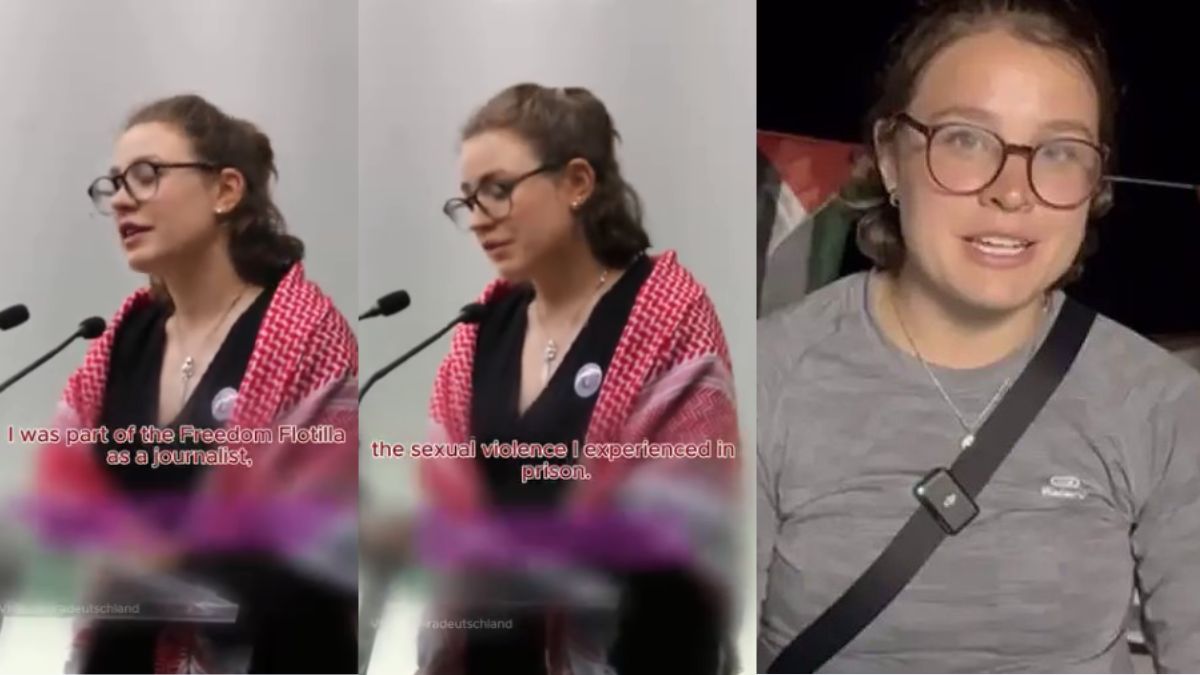
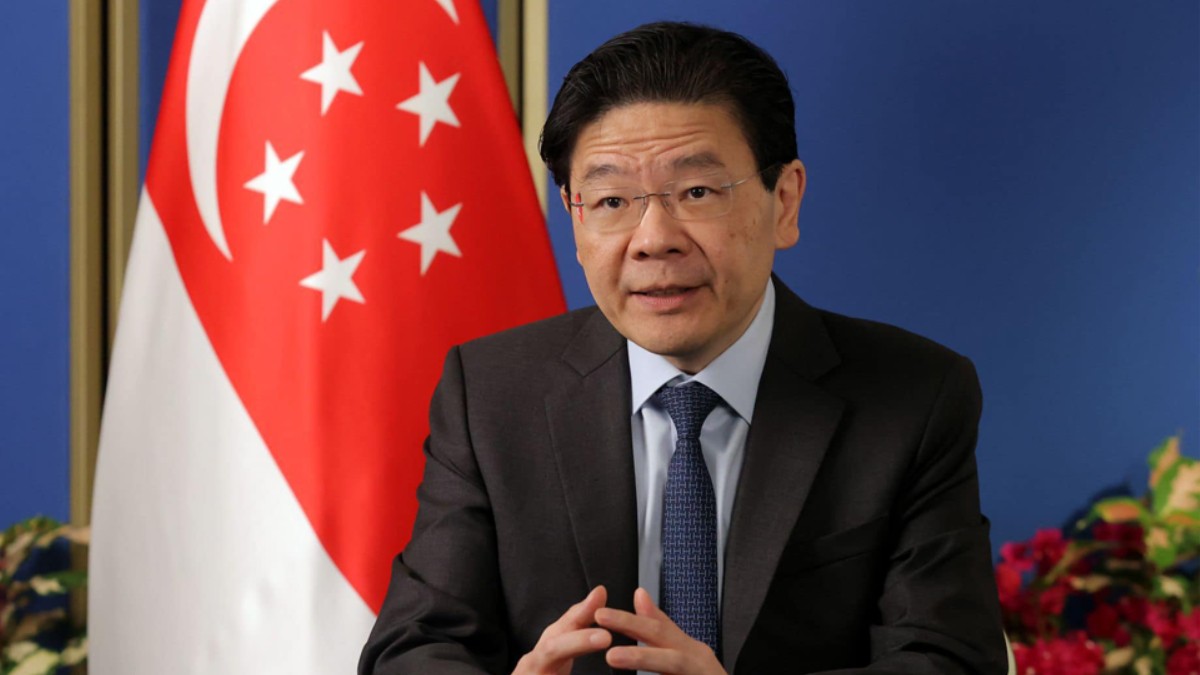
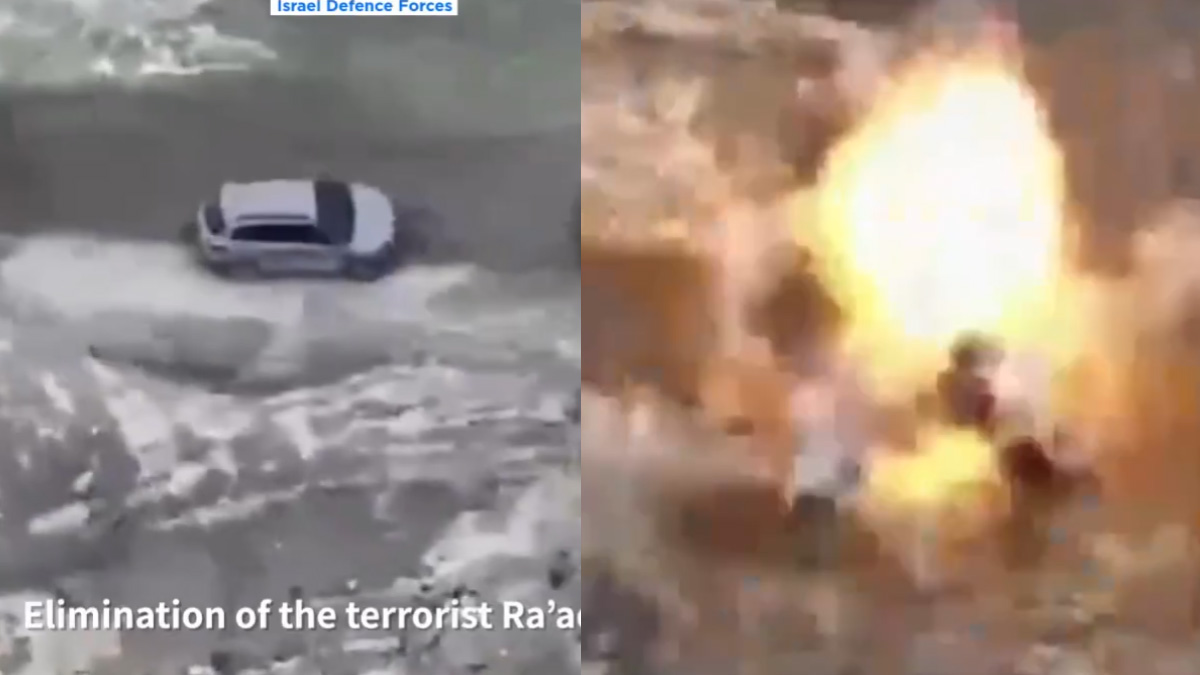
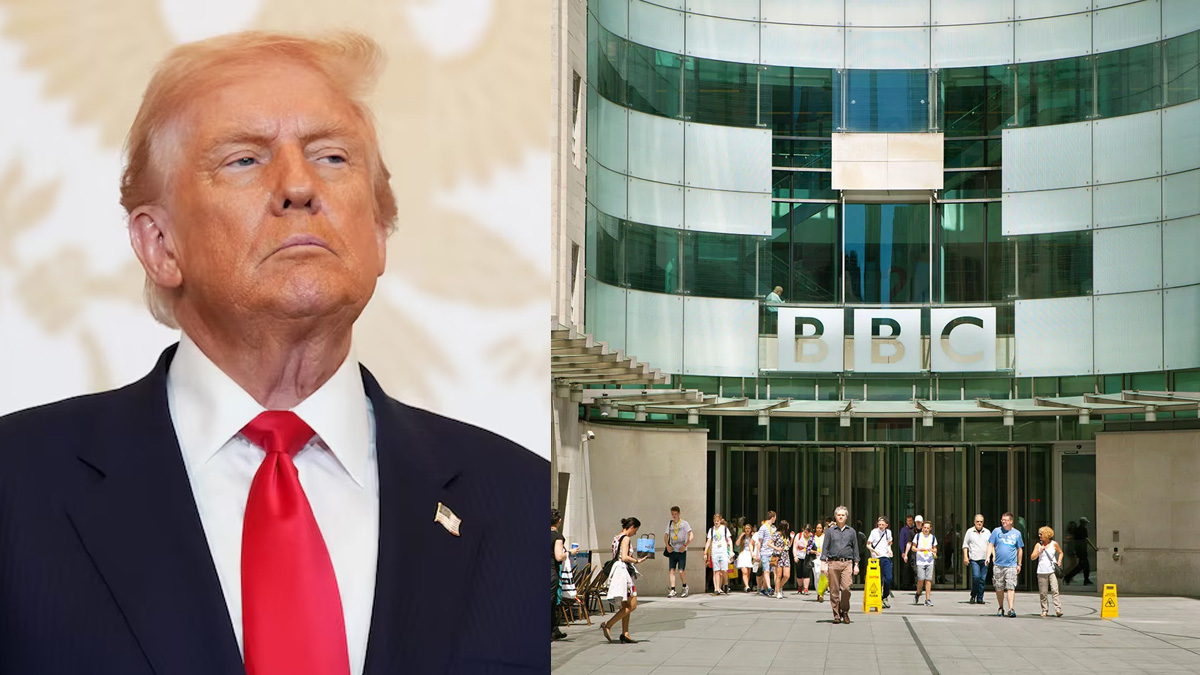
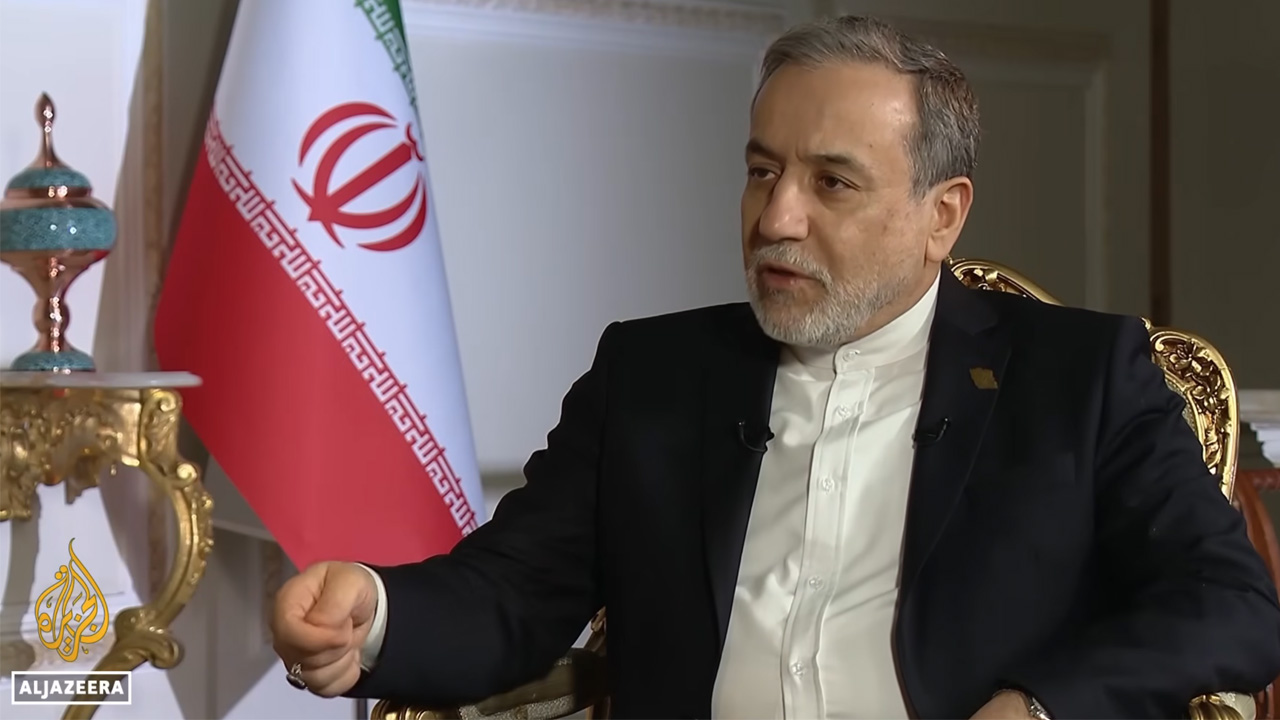
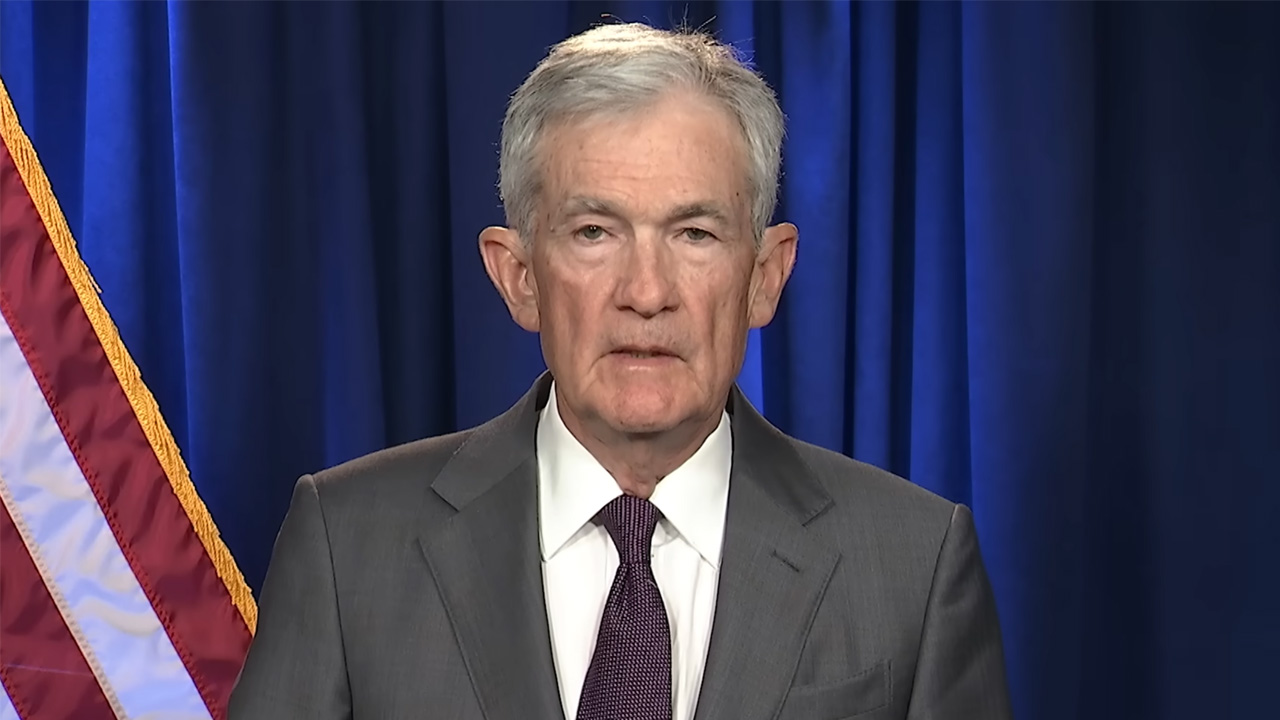

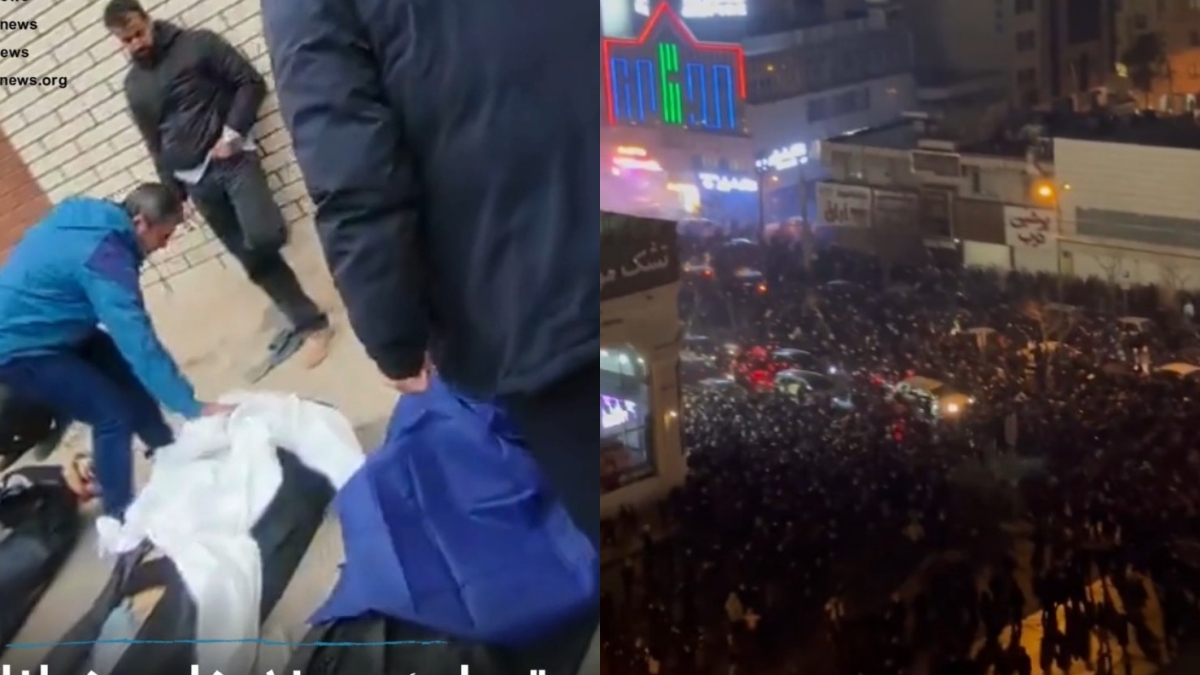
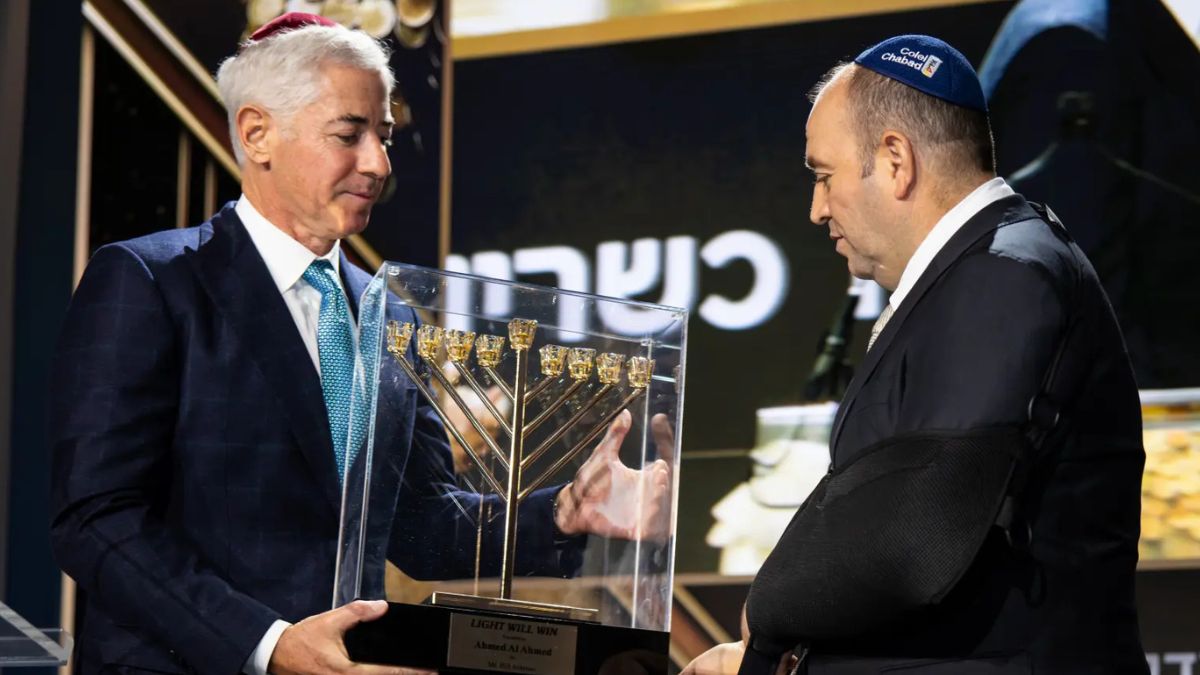
0 Comments